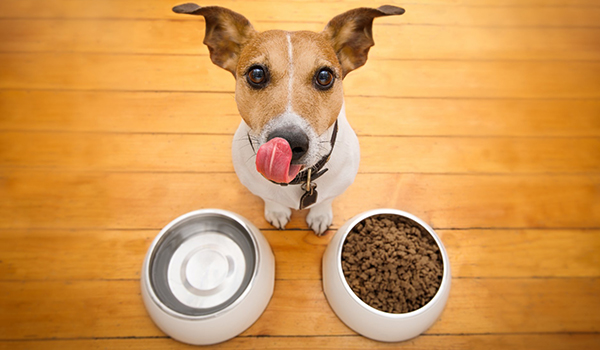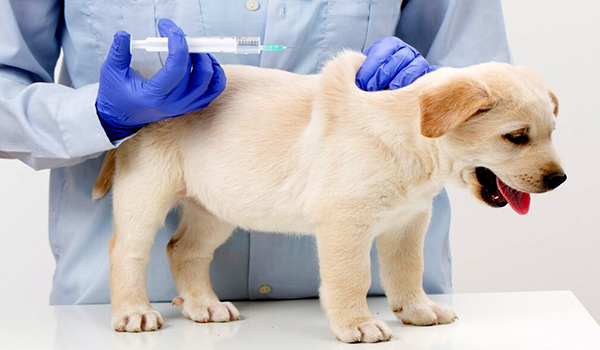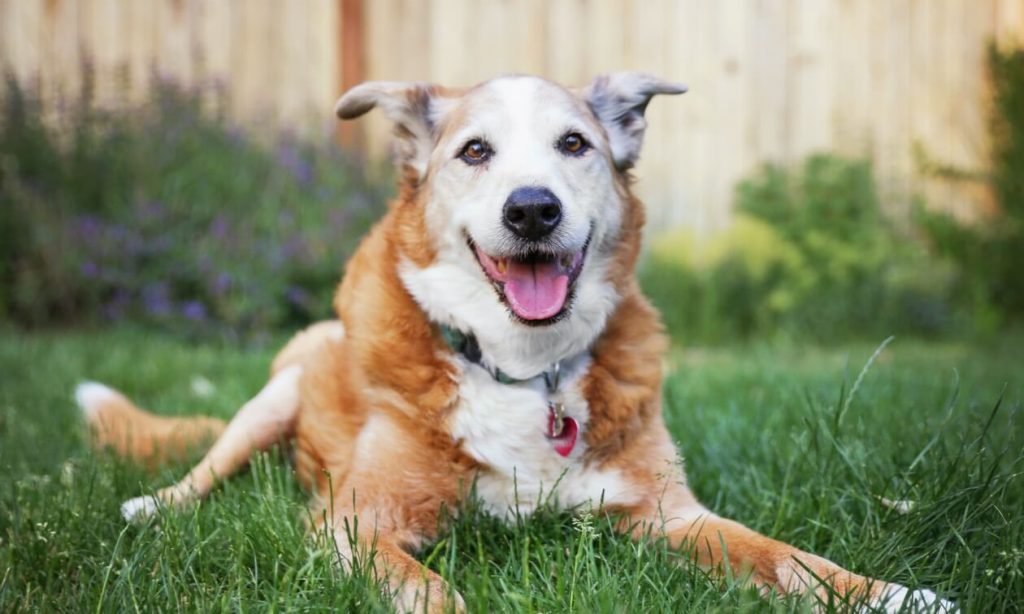
Just like people, dogs’ needs change as they get older. Senior dogs may slow down, sleep more, and develop age-related health issues—but with the right care, they can stay happy and comfortable well into their golden years. Here’s what every pet parent should know about caring for an aging canine companion.
When Is a Dog “Senior”?
The age at which a dog is considered senior depends on its size and breed.
- Small breeds (under 20 lbs): often senior at 9–11 years
- Medium breeds (20–50 lbs): senior at 7–9 years
- Large breeds (50–90 lbs): senior at 6–8 years
- Giant breeds (over 90 lbs): senior at 5–6 years
Knowing when your dog enters the senior stage helps you adapt its care in time.
1. Regular Veterinary Checkups
Older dogs should see the vet at least once a year—twice if possible. Regular exams can catch issues like arthritis, dental disease, kidney problems, or tumors early. Ask about:
- Blood work and urine tests
- Weight monitoring
- Vaccination updates
- Dental cleanings
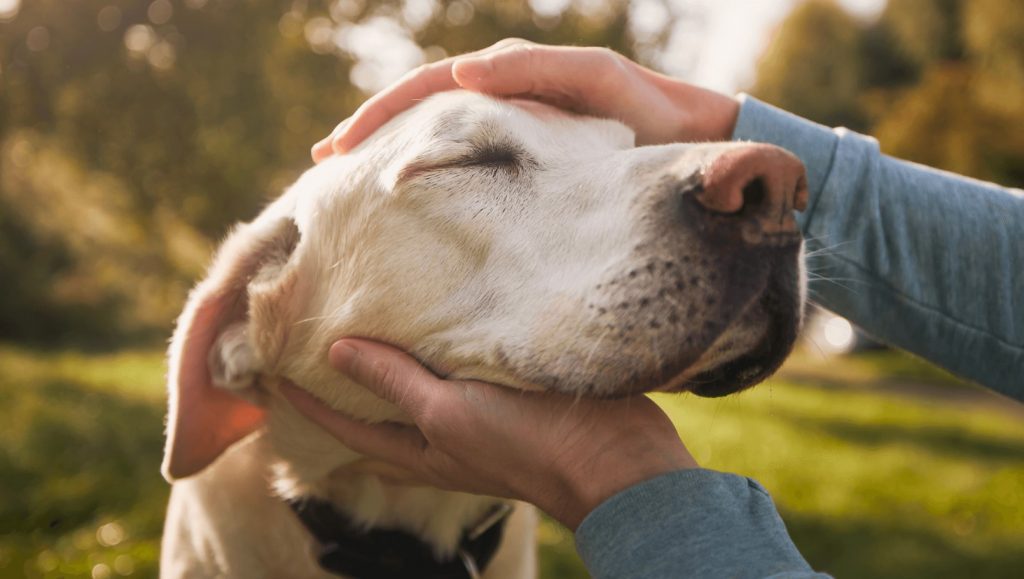
2. Adjusting Diet and Nutrition
Senior dogs often need fewer calories but more high-quality protein, fiber, and certain vitamins to support joint, heart, and immune health. Consider:
- Special senior dog food formulated for age-related needs
- Adding omega-3 fatty acids for joint and brain health
- Monitoring weight to prevent obesity, which worsens arthritis
Ask your vet before making major diet changes.
3. Exercise, But With Care
Older dogs still need daily exercise to maintain a healthy weight and keep joints flexible. Gentle walks, swimming, or light play sessions work well. Avoid high-impact activities like jumping off furniture. Watch for signs of fatigue or pain.
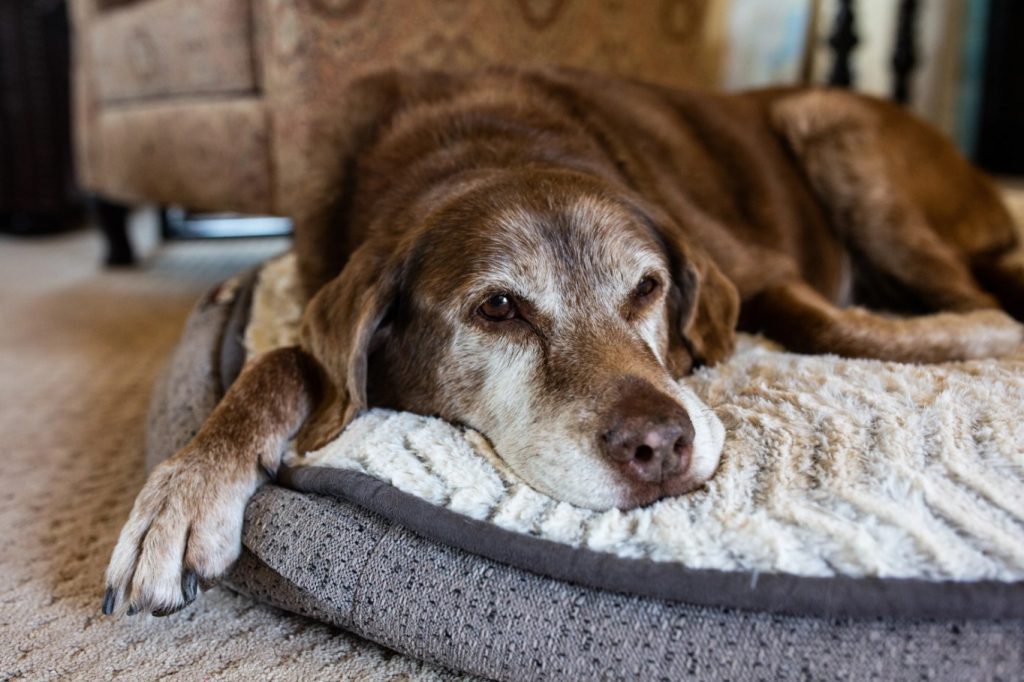
4. Comfort at Home
Small changes can make life easier for your senior dog:
- Provide a soft orthopedic bed
- Use non-slip rugs on slick floors
- Add ramps or stairs to help them reach couches or cars
- Keep food and water bowls easily accessible
A warm, quiet spot helps older dogs sleep more comfortably.
5. Dental Care
Dental disease is common in senior dogs and can lead to pain, infection, and even heart problems. Brush your dog’s teeth if possible and schedule regular dental checkups.
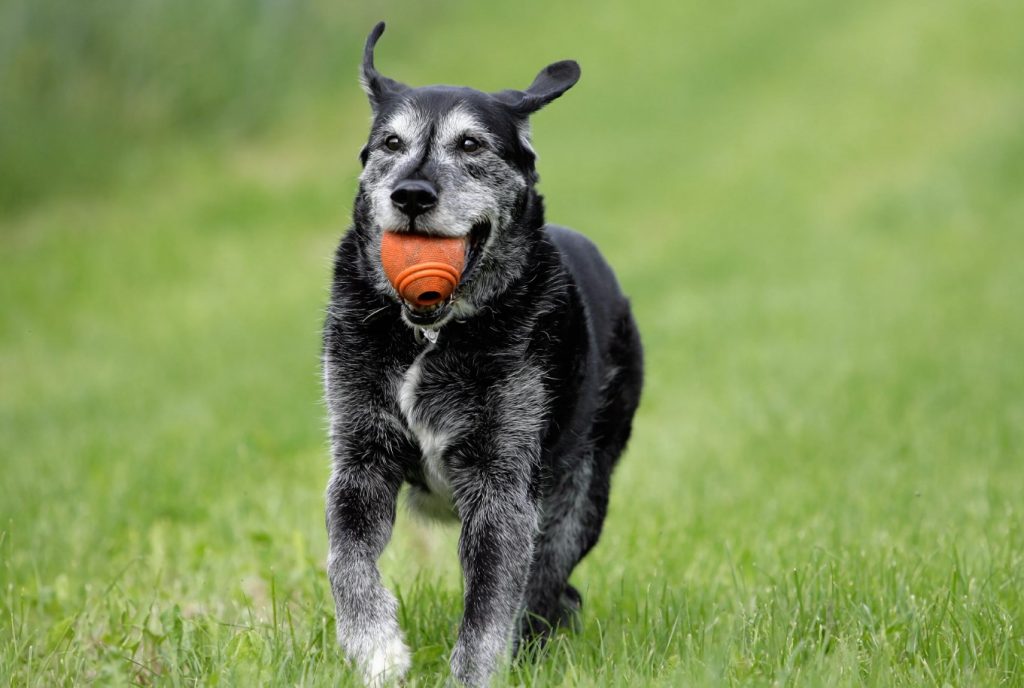
6. Monitor Behavior and Health Changes
Keep a close eye on:
- Appetite changes
- Increased thirst or urination
- Limping or difficulty standing
- New lumps or bumps
- Changes in vision, hearing, or behavior
Early detection can make a huge difference in treatment outcomes.
7. Show Extra Love and Patience
Senior dogs may move more slowly or have accidents in the house. Be patient and gentle. Offer more cuddles, short play sessions, and mental enrichment like puzzle toys. Quality time matters more than ever.
Bottom Line
Caring for a senior dog means adapting to their changing needs—more frequent vet visits, specialized nutrition, gentler exercise, and extra comfort at home. With love and attention, you can make your dog’s golden years healthy, comfortable, and full of joy.

